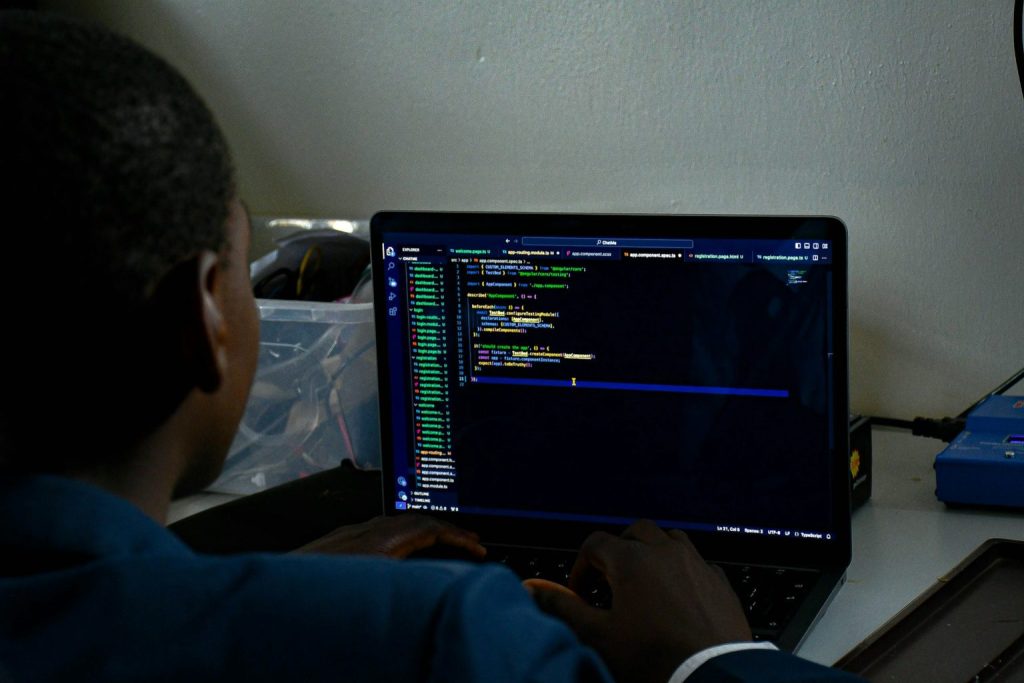
Rwanda has reached a 38% internet penetration rate, reflecting steady progress in digital connectivity. However, high costs continue to pose a major barrier, leaving millions of Rwandans offline. The government has made significant investments in infrastructure, including a national fiber-optic backbone and public Wi-Fi initiatives, aimed at expanding access and fostering a digital economy. These efforts have enabled improved access to digital services such as e-governance, e-health, and online education.
Despite these strides, internet affordability remains a serious challenge. A significant portion of the population, particularly in rural areas, cannot afford internet-enabled devices or data plans. According to the Alliance for Affordable Internet (A4AI), the cost of 1GB of mobile data in Rwanda is still above the recommended 2% of average monthly income for the poorest citizens. This economic disparity has resulted in a digital divide, limiting participation in online opportunities and services.
The government acknowledges this gap and is working with private sector partners to lower data costs and expand mobile broadband coverage. Initiatives like digital literacy programs and the rollout of low-cost smartphones aim to boost adoption. However, experts stress that more targeted subsidies and pricing reforms are needed to ensure inclusive access.
While Rwanda is seen as a regional leader in digital innovation, bridging the affordability gap is critical to achieving its goal of becoming a knowledge-based economy. Without addressing cost barriers, millions will remain excluded from the benefits of digital transformation, threatening to deepen existing inequalities and slow socio-economic progress.
Leave a Reply